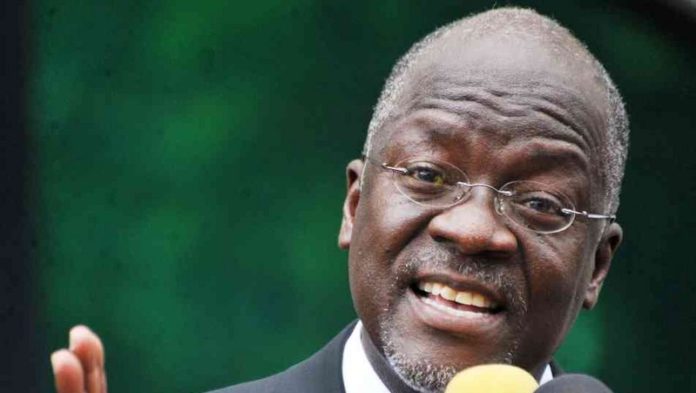
SHARES in Kibo Energy stayed near all-time lows today despite a shareholder letter seeking to calm nerves following the rejection on February 14 of the firm’s coal to power project by the Tanzanian government.
Kibo Energy announced last month the Tanzanian government had given “no reasons” that a tender to the country’s state-owned power company, TANESCO, was unsuccessful. The proposed 300MW to 600MW Mbeya Coal to Power Project (MCPP) had been in development for at least six years before the government abruptly pulled the plug.
“TANESCO did not supply the company with ANY (company emphasis) reasons/explanation for its decision in their notification letter,” said Louis Coetzee, CEO of Kibo Energy in the February announcement. “The company is currently seeking very urgent clarification and explanation from TANESCO in this regard,” he said.
Shares in the company lost just over 50% the day after the announcement and then shed another 12% over the next few days to trade at an all-time low of 73 pence per share. The company first listed in 2010. It is currently trading at 75p/share.
Coetzee said today the outcome of the tender process had been “disappointing” but said the value of the project – which has potential revenues of up to $8.5bn over a 25-year life – should not be written off.
“It’s strategic location close to potential private offtake partners and the export market provides many opportunities to commercialise the project which we are actively pursuing,” said Coetzee. MCPP could also yet become a state-backed power provider as TANESCO’ full quota for coal fired power had not been met, he said.
“Kibo is also still pursuing its clarification request to TANESCO to provide reasons for not qualifying the MCPP in terms of the current tender for coal fired power,” said Coetzee.
The rejection of the MCPP tender is another example of the unpredictable nature of Tanzanian president John Magufuli’s attitude to foreign investment. The country has been at loggerheads with Acacia Mining for two years over a dispute related to unpaid tax allegations totalling $190bn. This has resulted in the mothballing of underground production from the firm’s flagship mine, Bulyanhulu.
The country has also seized goods produced by Petra Diamonds from its Williamson diamond mine which have never been released whilst unpaid VAT returns is a common complaint across the East African country’s mining sector.
The rejection of Kibo Energy’s project is deeply mystifying given the procedural rigour the company took in winning permits and in attempting to negotiate a power purchase agreement with TANESCO.
Coetzee said the company would press on with its other investments: it bought control last year of the Mabesekwa coal mine in Botswana the coal of which it intends to use in a coal to power project.
It is also involved with the Mozambique government on a similar project although in this case, it is procuring the coal from third party suppliers. Kibo Energy also bought a UK energy business last year called MAST.











